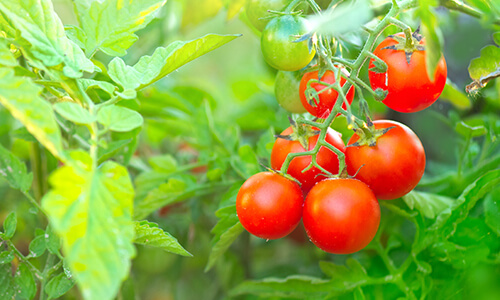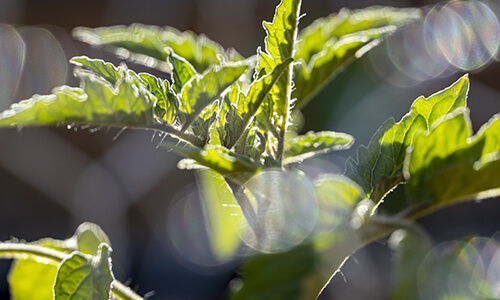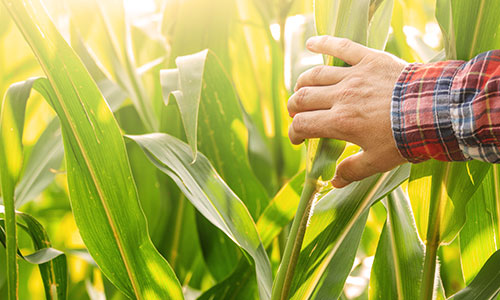The CAPITALISE project
CAPITALISE is a highly innovative project that will translate world leading state of the art key photosynthesis traits from laboratory proof of concept studies using model plants, towards a European crop breeding programme demonstrating an increase in crop yield of more than 10%.
The project brings together 19 leading organisations from EU countries, the UK, Israel, and Ethiopia including academic plant geneticists and germplasm experts, physiologists, biochemists, bio-energeticists, computational biologists and modellers, social scientists, plant breeders and instrument developers.
The project is coordinated by Wageningen University, a world leader on photosynthesis research. Project partners The Leibniz Institute of Plant Genetics and Crop Plant Research (IPK), Wageningen University and industry partner Photon Systems Instruments, spol. s r.o. (PSI) represent large phenomics centres and provide CAPITALISE access to leading European high-throughput phenotyping capacities. The Agricultural Research Organisation of Israel the Volcani Centre (ARO) recently established a high-throughput phenotyping platform in Israel that will be used by the project for automated photosynthesis rhythms analysis.
Scuola Superiore Sant’Anna, ARO, The Hebrew University of Jerusalem, IPK, Commissariat a l energie atomique et aux energies alternatives (CEA) and Amhara National Region Agricultural Research Institute (ARARI) have developed and partially characterised a large number of germplasm collections allowing CAPITALISE to exploit natural variation within the target crop species (barley, maize, tomato).
The University of Essex, Lancaster University, the University of Cambridge, CEA and Vrije University Amsterdam (VU) are leading experts in photosynthesis research bringing the background knowledge and new innovations to be developed by the consortium. Validating these innovations in the field will be our industry partners and crop breeding experts Numhems BV (BASF), KWS SAAT SE & Co. KGaA (KWS) and Limagrain.
Modelling expertise is provided by leading expert in modelling plant metabolic networks at the University of Potsdam, along with data management with IPK and metabolomics at Ben-Gurion University of the Negev. In addition to phenotyping, PSI will also develop new technology in photosynthesis research which will be utilised by the consortium.
CERATIUM BV add their project management and valorisation expertise to ensure the successful management of partner communication and reporting, and will coordinate dissemination activities. Wageningen University Department of Social Sciences, Julius Kühn-Institut (JKI) and CERATIUM will lead the economic viability and the environmental impact evaluation, engage with stakeholders and along with crop breeding partners KWS, BASF and Limagrain will develop the strategy and innovation road map.
This Research and Innovation Action has a budget of €8.9M and has received grant funding of €8.57M from the European Commission’s Horizon 2020 programme. Grant agreement ID: 862201.


